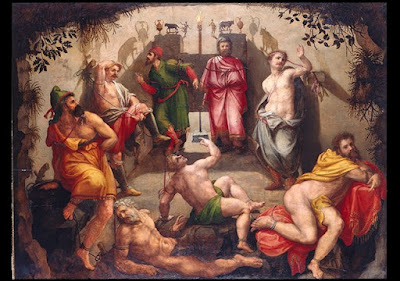★★★★★ 444 pages it may be, but I actually gobbled this novel up in one long sitting, putting everything else apart from dinner, coffee, and smokes on-hold. Not only is The Lost Bookshop by Evie Woods a page-turner, though, it is so rich and rewarding, with many literary references, and the elements of magical realism are most welcome in this disenchanted, materialist – and hopefully passing – era.
Sure, the work tackles serious real-world issues like alcoholism, domestic violence, and systemic misogyny, but it's full of hope.
No wonder this work (by a previously self-published author) was snapped-up by HarperCollins imprint One More Chapter, and that it has already gone on to sell more than one million copies – a heart-warming and inspiring story in itself.
Will now re-read and savour the book at a more leisurely pace.
The Outsiders
“They were outliers; they no longer cared for the kind of society that would not accept them. Instead, they inhabited a world of artists and free spirits who chose the vicissitudes of a nonconforming life over the comforts and security of the status quo.”
~ Evie Woods, The Lost Bookshop.
The Lost and Found
“Lost is not a hopeless place to be. It is a place of patience, of waiting. Lost does not mean gone for ever. Lost is a bridge between worlds, where the pain of our past can be transformed into power. You have always held the key to this special place, but now you are ready to unlock the door.”
~ Evie Woods, ibid.



%20-%20logo%20blurred.jpg)



.jpg)
.jpg)
.jpg)

.jpg)




.jpg)